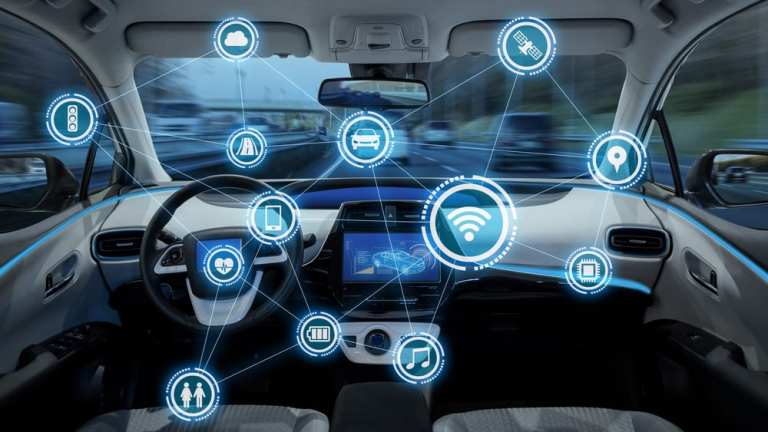Qualcomm Enables Car Companies To Get Updates, Data From The Cloud

With its new Car-to-Cloud service, microchip supplier Qualcomm wants to connect your car to the cloud.
It’s part of the general movement toward connected smart devices. It will integrate Qualcomm’s automotive cockpit program and Snapdragon automotive program with 4G and 5G technology, according to published reports Monday (Jan. 6).
By using the platform, automakers can keep their cars up to date and allow them to update infotainment programs over the air.
Also, it will let automakers gather data on vehicle usage, which will enable them to leverage it into new revenue streams. By having access to more data, automakers can implement pay-as-you-go services, as well as other new things drivers can purchase.
Qualcomm, the world’s largest supplier of microchips, said its move is indicative of the changing expectations drivers have. While having an infotainment system that can be upgraded is typical for cars these days, Qualcomm argues that its Car-to-Cloud service will allow for faster updates and more cost-efficient operations. The company also says it will provide newly connected and on-demand services for car-sharing for Car-as-a-Service companies.
For drivers, Car-to-Cloud will provide a personalized experience that many retailers are now striving to give to customers. But Qualcomm says it will also allow for bundled services and apps that were not available before.
Nakul Duggal, senior vice president, product management with Qualcomm, said that the Car-to-Cloud service “empowers automakers and tier-1 suppliers to address new expectations of the modern and discerning car owner who is used to flexible and continuously updating technologies.” He also said it would let drivers unlock new features over the course of their vehicle’s lifetime, according to Tech Crunch.
Qualcomm has been involved for the last few years in a legal dispute after the FTC alleged that they were a monopoly on the kinds of microchips they create, and were charging higher fees than they should have.
The company has been attempting to get that ruling overturned. Automakers and suppliers say that if Qualcomm comes out victorious in the case, the cost of connected cars using 5G technology will skyrocket.